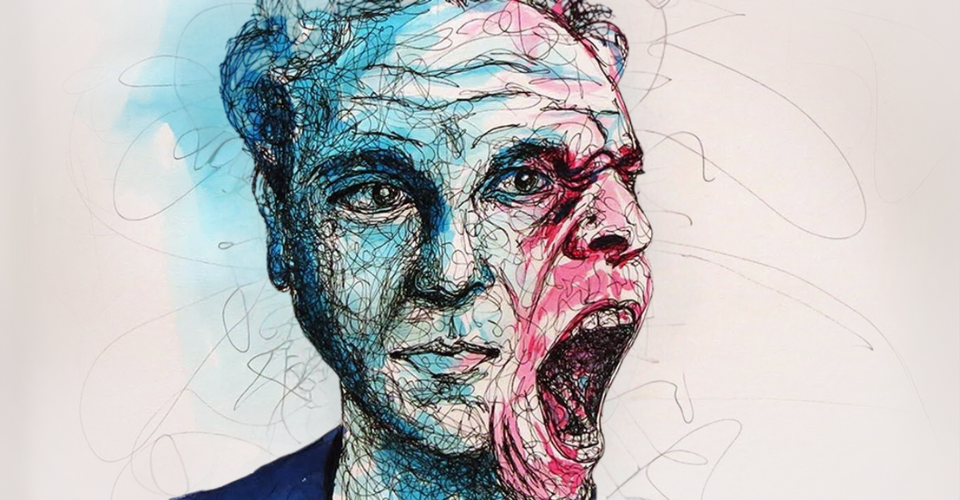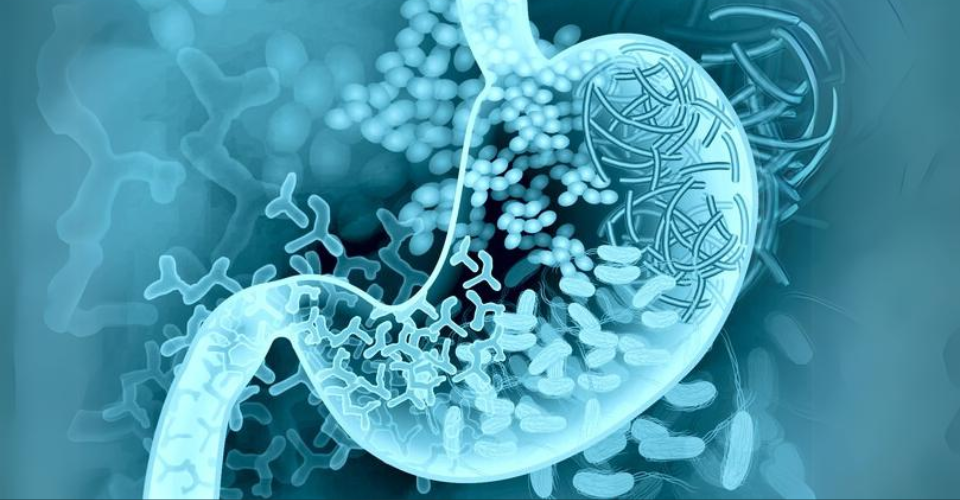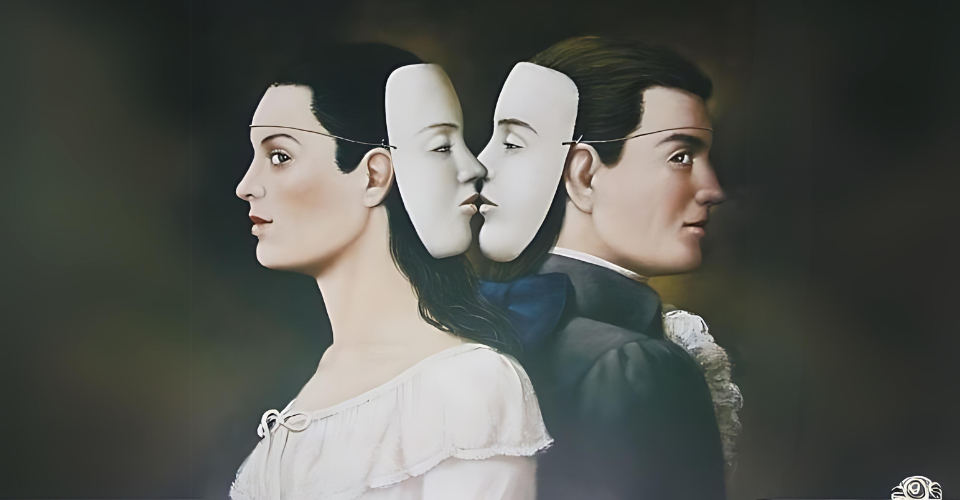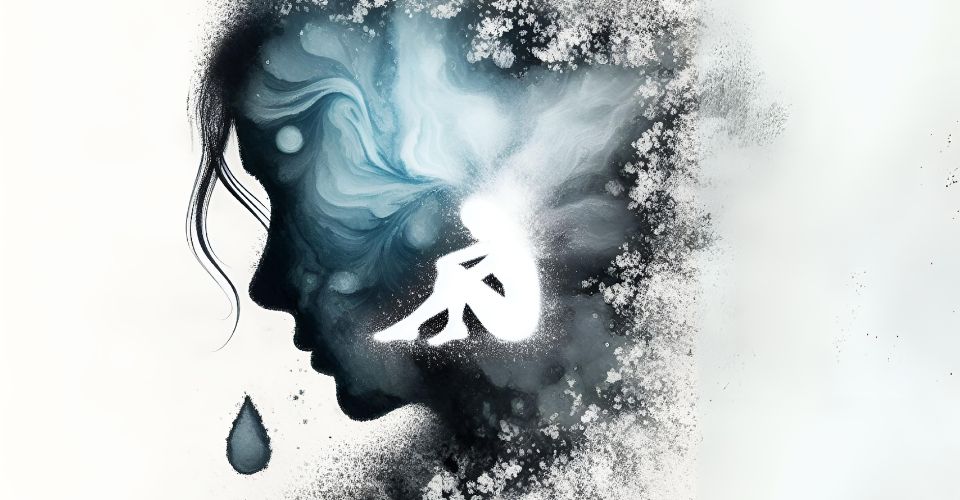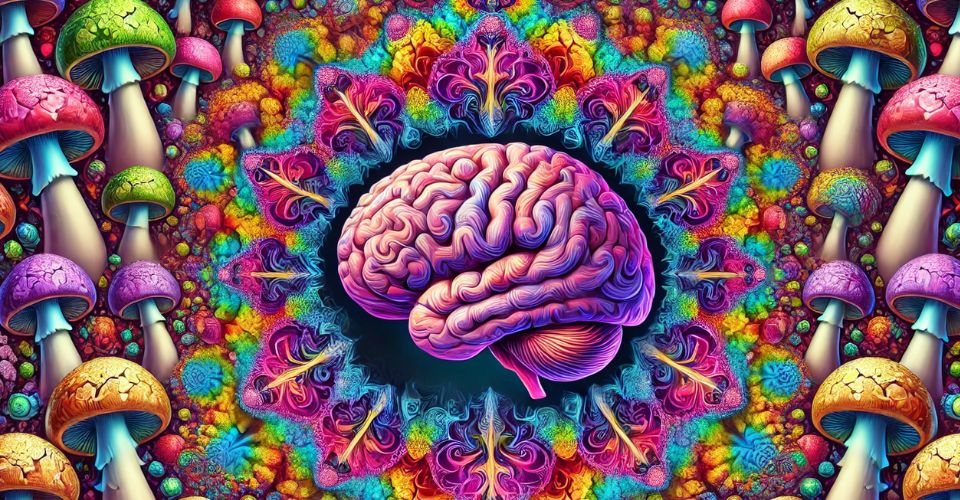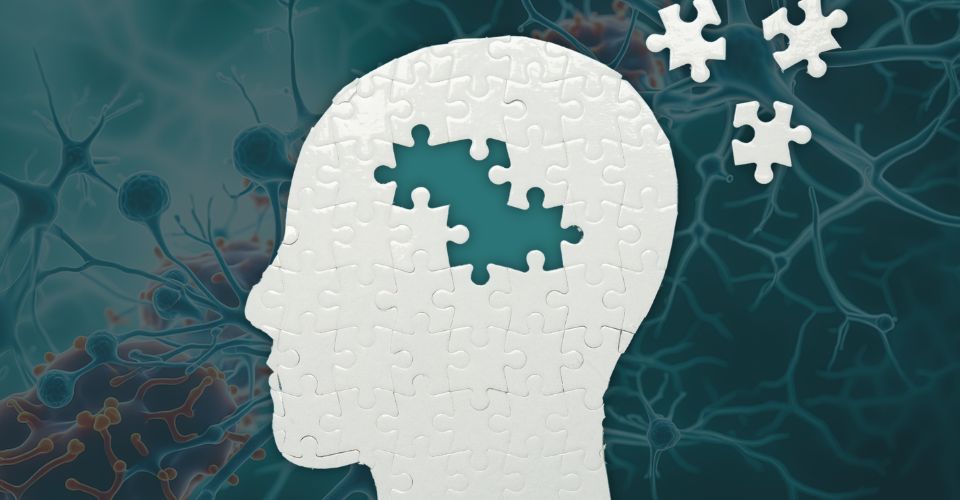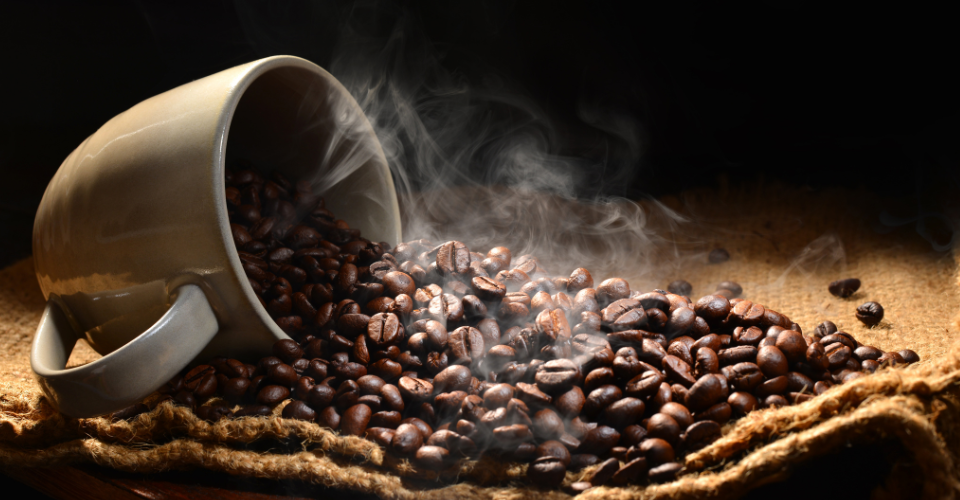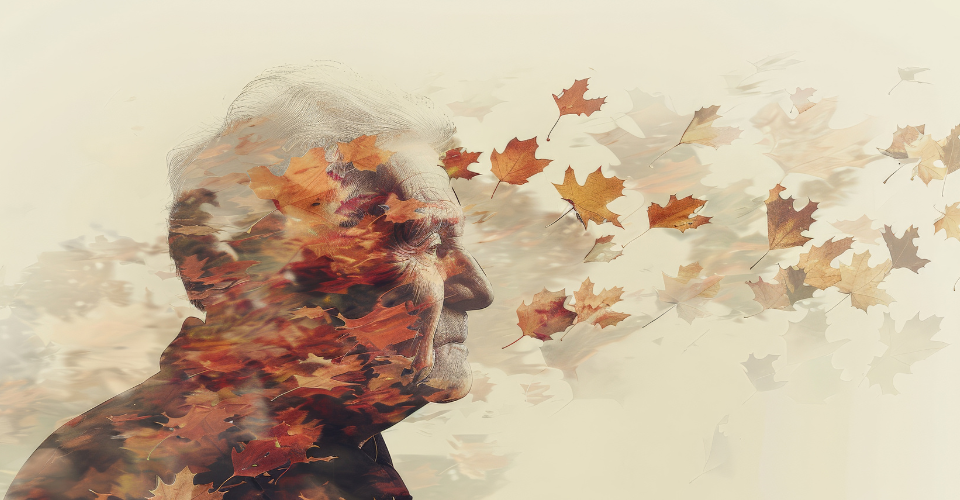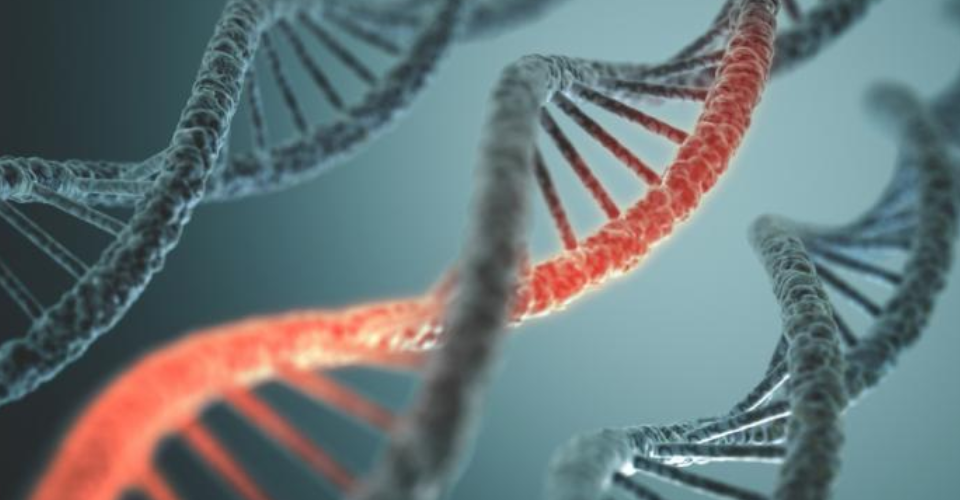Brain News
Researchers at the Massachusetts General Hospital (MGH) explored the neurocognitive conditions associated with competition and social behavior in mice. The study is published in the journal Nature.
The Study
The researchers observed large cohorts of mice and explored their social behavior within groups using wireless tracking devices. They recorded brain activity related to competition between groups—such as tactics for food gathering, gaining information about resources, and the outcomes of past interactions. Then, they drew parallels between the mice’s competition and social behavior and social interactions in humans.
Promising Findings
The results revealed that the neurons in the anterior cingulate region of the brain store social ranking information that influenced social behavior. Such information is often related to an individual’s environment, social group setting, and reward resources to calculate the mannerisms of individual and group behavior. Manipulating these neurons can artificially increase or decrease an individual’s competitive effort, thereby controlling its successful outcomes in competitions. This can be done without affecting other aspects of the individual’s behavior like speed, physical fitness, or motivation.
The researchers are enthusiastic that the research has significant relevance for developing effective interventions for behavior-altering neurological disorders like autism spectrum disorder and schizophrenia.
One of the lead researchers, S. William Li, elaborated, “Developing an understanding of group behavior and competition holds relevance to these neurocognitive disorders, but until now, how this happens in the brain has largely remained unexplored.”
To Know More You May Relate To
Li, S.W., Zeliger, O., Strahs, L. et al. Frontal neurons driving competitive behaviour and ecology of social groups. Nature 603, 661–666 (2022). https://doi.org/10.1038/s41586-021-04000-5





